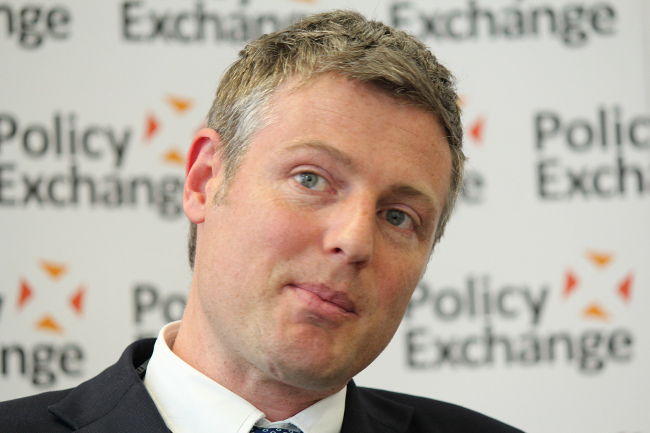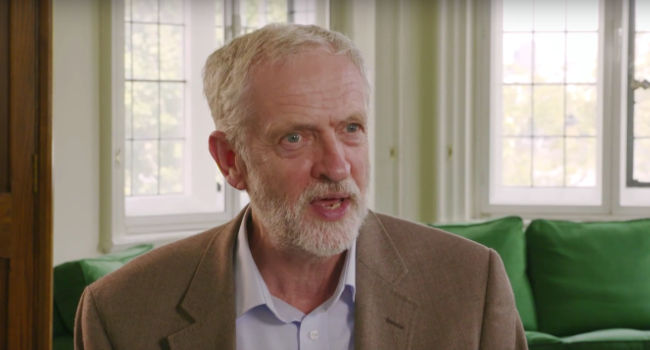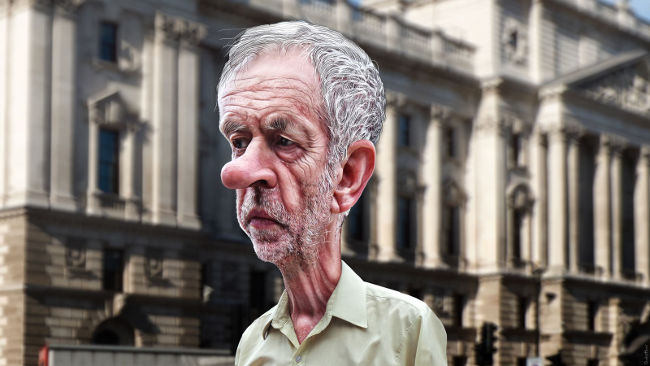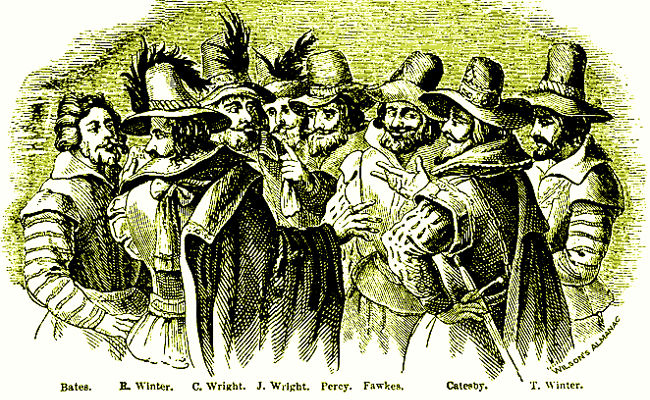Scribblers from both the Spectator and Guido Fawkes are having a dig at musician Charlotte Church for her contributions to Thursday night’s Question Time, where she brought up the role of climate change in the Syrian conflict.
“Another interesting thing with Syria – lots of people don’t seem to know about this – there is evidence to suggest that climate change was a big factor in how the Syrian conflict came about, because from 2006 to 2011 they experienced one of the worst droughts in its history.
“This of course meant that there were water shortages and crops weren’t growing, so there was a mass migration from rural areas of Syria into the urban centres, which put more strain [on things]…which apparently did contribute to the conflict there today.
“No issue is an island, so I also think we need to look at what we’re doing to the planet and how that might actually cause more conflict in the world.”
Church may well be referring to a piece of research from Proceedings of the National Academy of Sciences in the United States, which linked climate change to the Syrian conflict as follows:
“There is evidence that the 2007−2010 drought contributed to the conflict in Syria. It was the worst drought in the instrumental record, causing widespread crop failure and a mass migration of farming families to urban centers.
“Century-long observed trends in precipitation, temperature, and sea-level pressure, supported by climate model results, strongly suggest that anthropogenic forcing has increased the probability of severe and persistent droughts in this region, and made the occurrence of a 3-year drought as severe as that of 2007−2010 2 to 3 times more likely than by natural variability alone.
“We conclude that human influences on the climate system are implicated in the current Syrian conflict.”
As with much in academia, the conclusions are softer than the headlines that journalists like to write. The authors of that study use the word “implicated”, whilst Church used “contributed”, rather than suggesting climate change is the sole or only cause.
This has not stopped Guido Fawkes running with the headline “Charlotte Church blames Isis on climate change”, whilst the Spectator quoted a number of tweets that fudged what Church had said:
Charlotte Church has actually just said that climate change caused the civil war in Syria…
— Ryan Thomas (@RyanThomas_94) October 1, 2015
The view that mankind has had a role in affecting our climate is not disputed by scientists, though the specifics of it remain contested, as is common of just about every subject science bothers to investigate.
How that precisely relates to the drought in Syria between 2007 to 2010 is an issue that Fleet Street hacks and musicians are unequipped to answer – but it seems a plausible statement to make and has been suggested in studies other than that quoted above.
Image Credit – Drought, April 2009 by Bert Kaufmann






